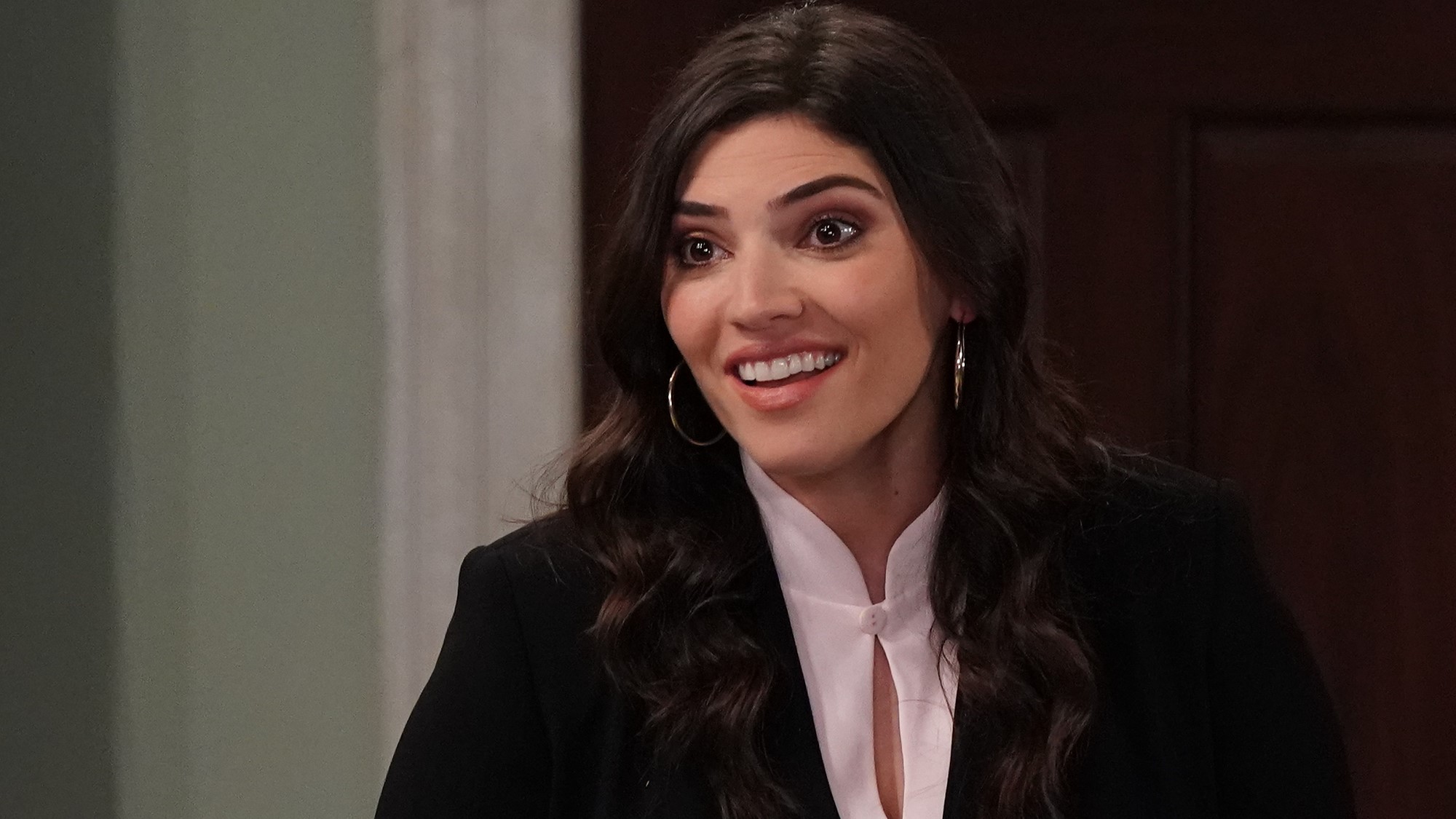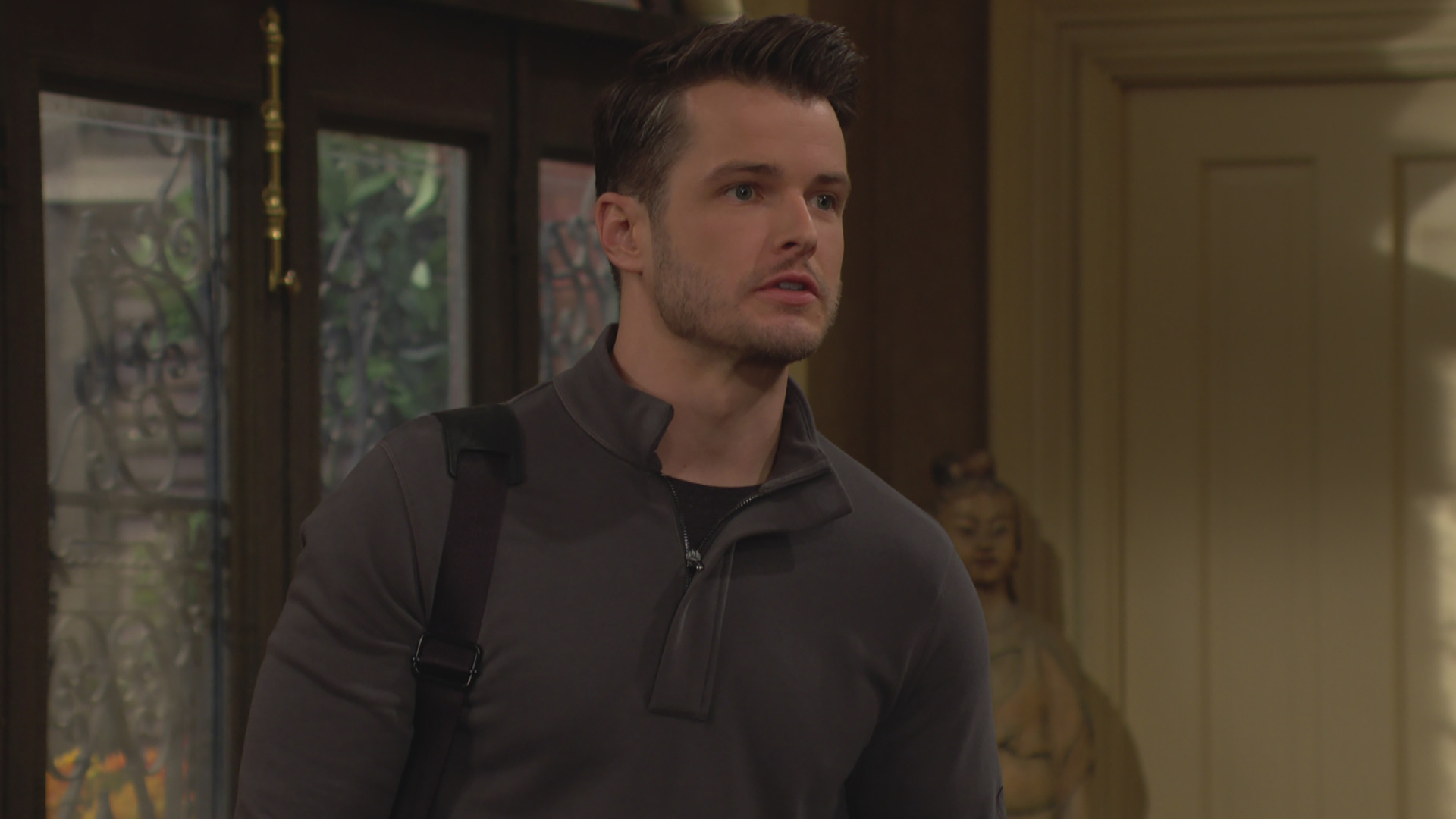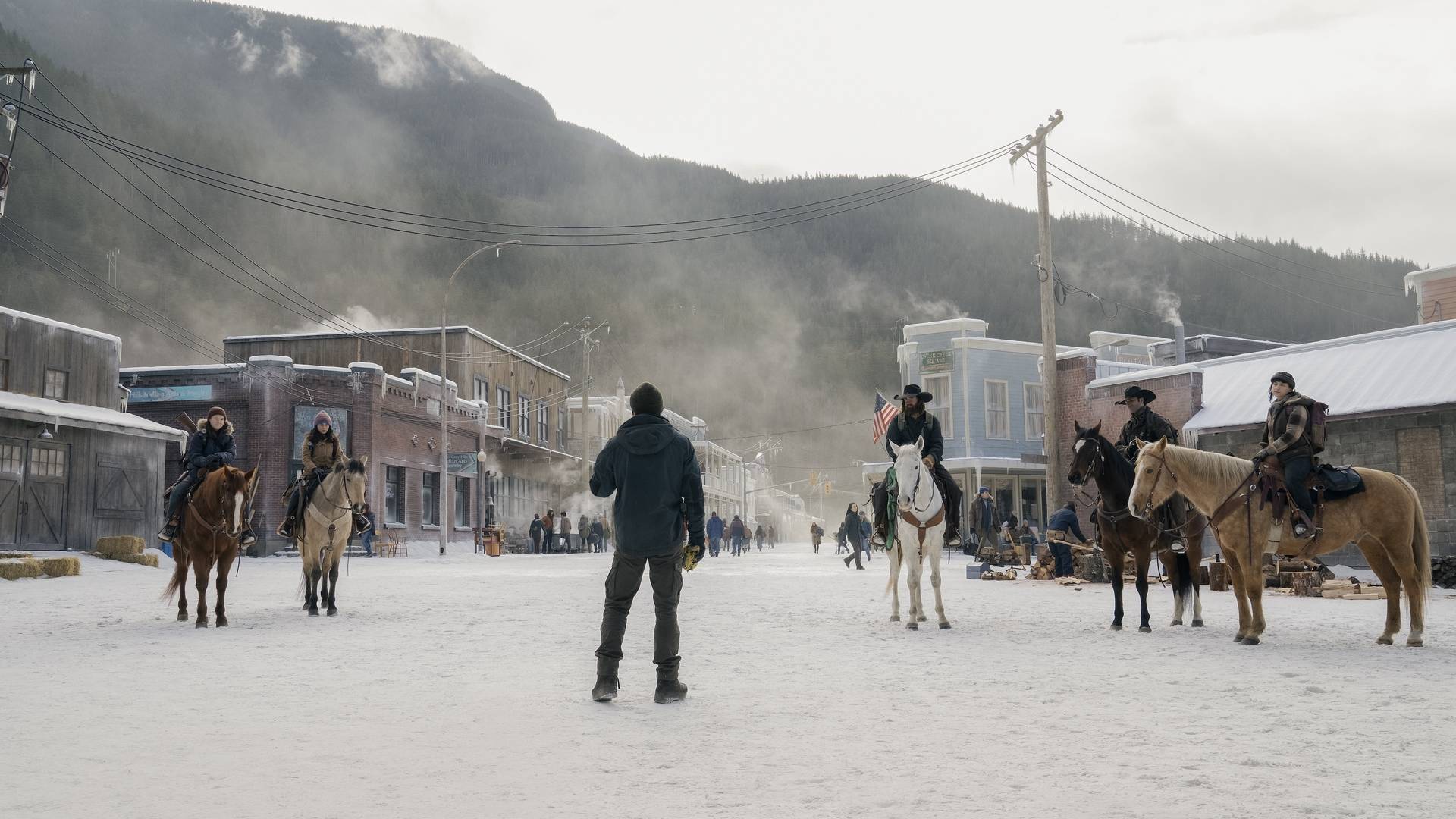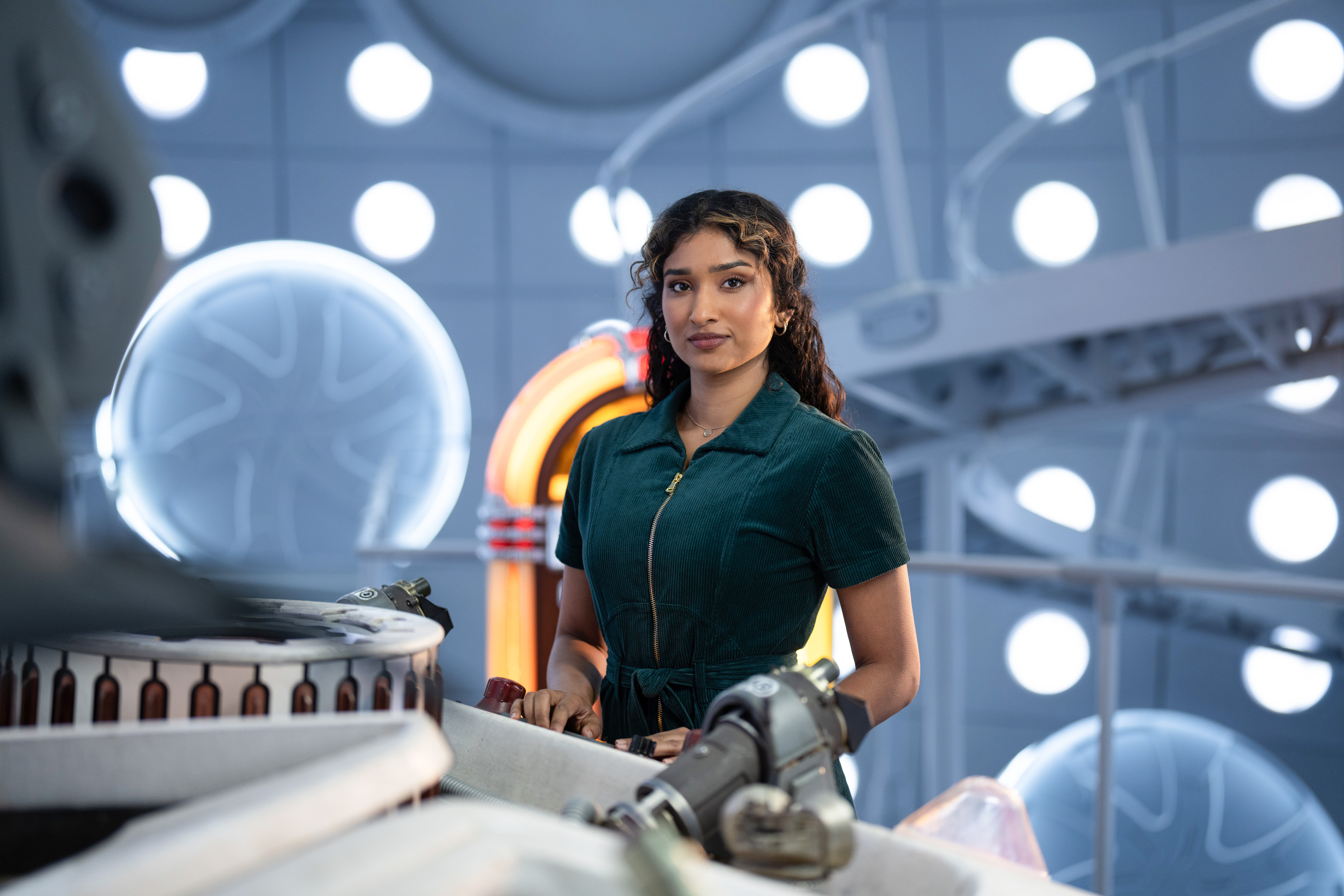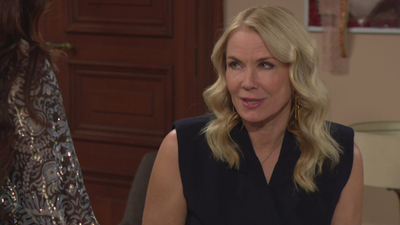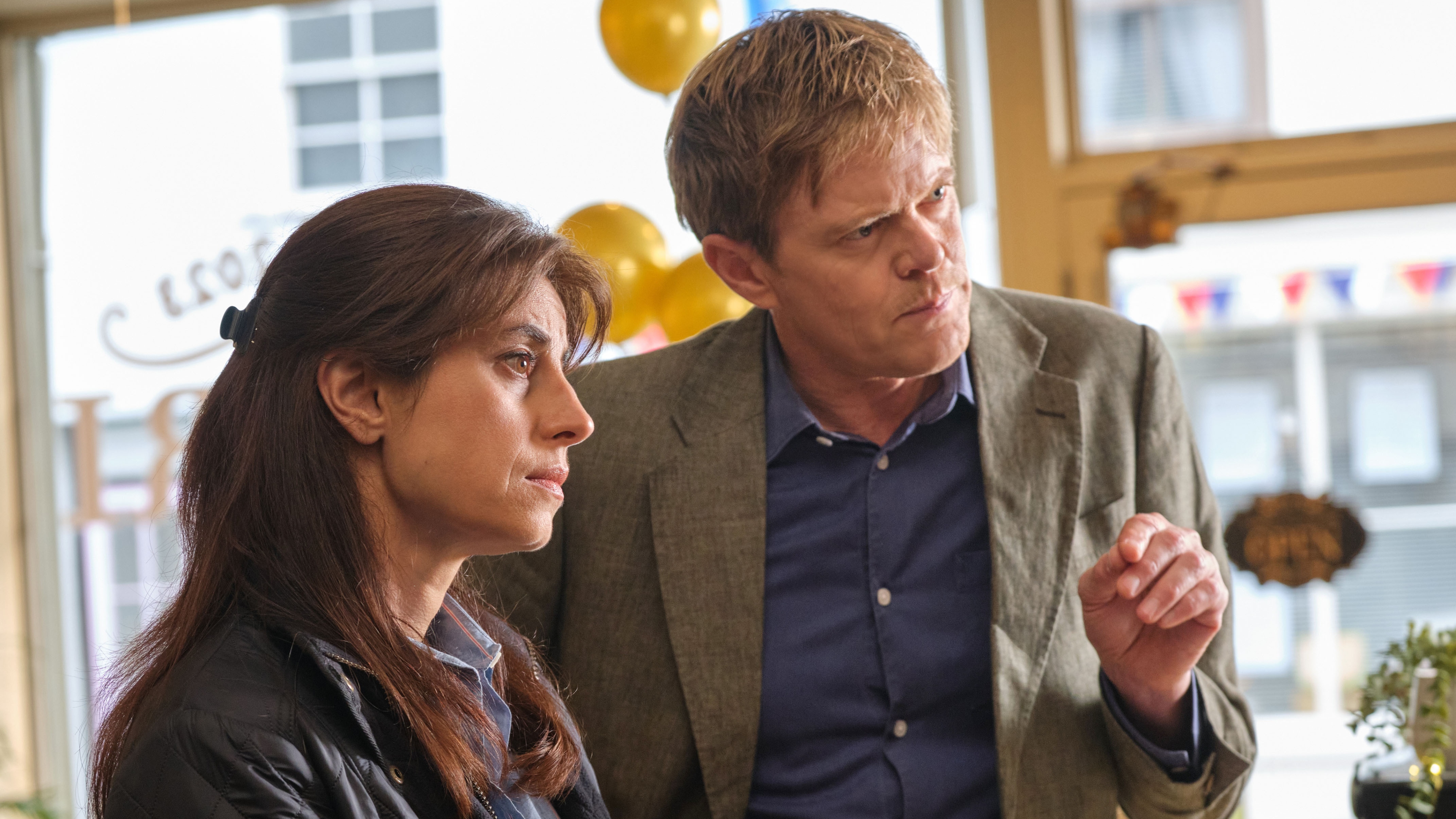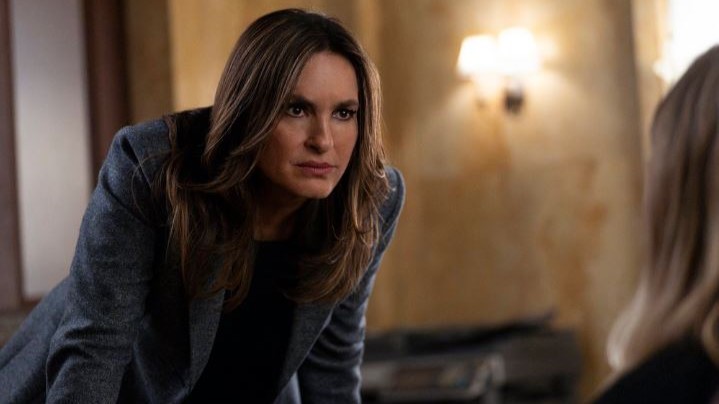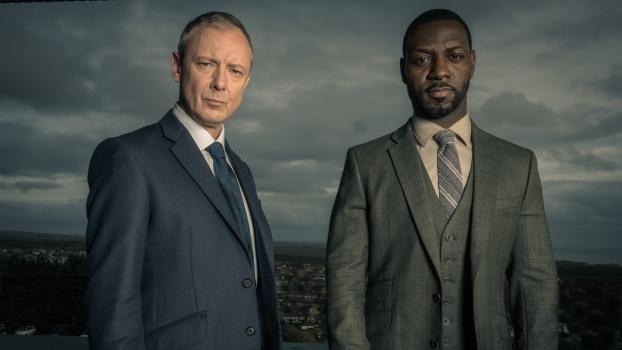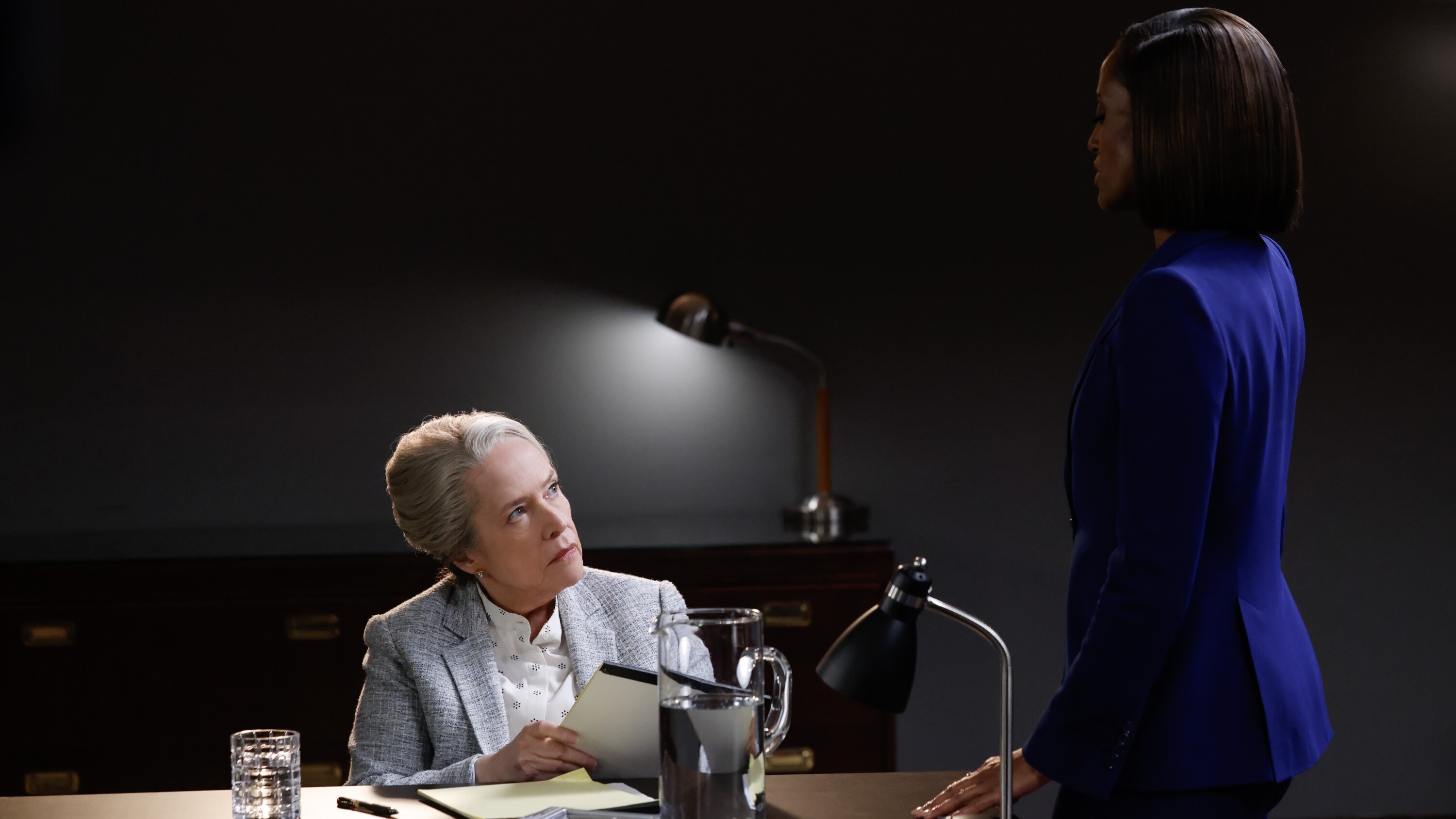The Brilliance of Beanie Feldstein in ‘Impeachment: American Crime Story'
This performance as Monica Lewinsky in the FX period drama is revelatory.

This post contains spoilers for Impeachment: American Crime Drama.
The first episode of Impeachment: American Crime Story opens in January 1998 showing a tearful young woman packing up her Watergate apartment. At this point in the story, the name Monica Lewinsky (Beanie Feldstein) was unknown to most of the world, but this will soon change. The FX anthology series from Ryan Murphy has previously tackled two defining news events from the ‘90s — the O.J. Simpson murder trial and Andrew Cunanan’s murder spree — and continues the media circus theme with the most infamous political scandal from this decade. Reexamining divisive figures like Marcia Clark through a contemporary lens has highlighted the unfair treatment and rife misogyny of the era, and Lewinsky’s journey toward reclaiming her reputation is an ideal ACS scenario. Sarah Paulson’s Emmy-winning portrayal of Clark is a standout in The People vs. O.J. Simpson and the same can be said for Feldstein as the former intern who was vilified in 1998 and beyond.
A piece by Lewinsky in the June 2014 issue of Vanity Fair discusses her decade of silence and subsequent attempts to reclaim her life in a world that knows the most intimate details of her relationship with President Bill Clinton. “I am determined to have a different end to my story. I’ve decided, finally, to stick my head above the parapet so that I can take back my narrative and give a purpose to my past,” she wrote toward the end of this reintroduction essay. The road to the FX series has been long, but as a producer on Impeachment, Lewinsky worked closely with the creative team and the woman playing her younger self. Sure, the most salacious observations from this time (including the conversations Linda Tripp taped without her friend’s consent) are widely available, but the way it was presented to the world was through a very specific and often derogatory framing.
Structurally, the first two episodes bounce around the mid-’90s timeline, and this non-linear approach to a well-known story makes the opening installments choppy to the detriment of the plotting. There are many pieces in play from the Paula Jones (Annaleigh Ashford, another MVP of this series) lawsuit to Linda’s unhappy White House to the Pentagon change — where she meets Monica — and the scope of this scandal stretches far and wide. Along with a muddled timeline, aspects of Sarah Paulson’s portrayal (such as the prosthetics) of Tripp are a distraction but whenever Monica is on screen, it is impossible to take your eyes off Feldstein. Whether she is crying tears of despair or lighting up the room with a red lipstick smile, the brilliance of this casting and performance is revelatory.
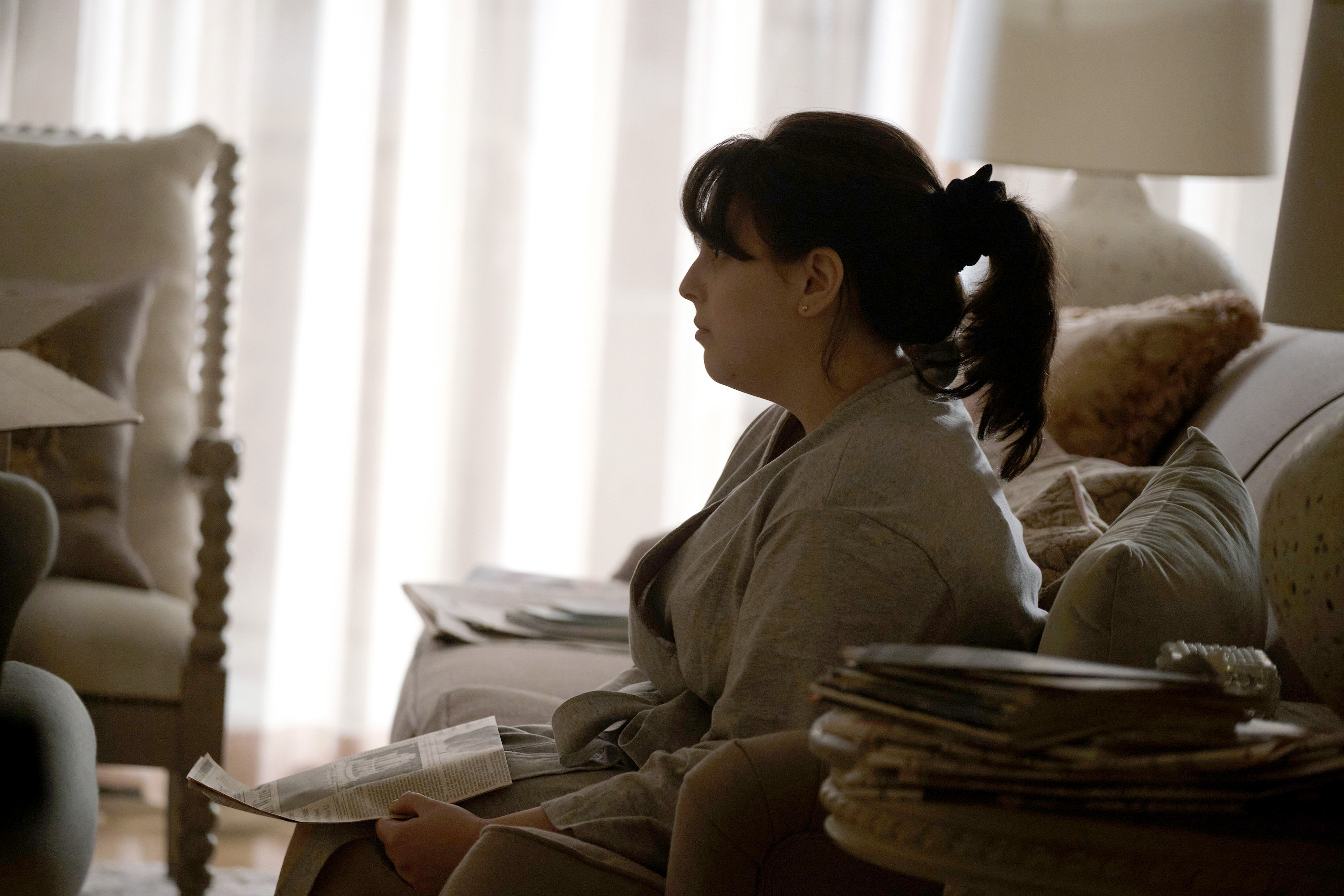
During the opening scenes of the first episode, we are shown a heartbroken woman boxing up sentimental reminders of her life in Washington DC. Little does she know that her friend and confidant Linda has already betrayed her. The audience is primed for this event but the shock on Monica’s face is genuine, and Feldstein captures the confusion and horror without barely saying a word. As the camera pushes in on her face in a silent elevator ride up to a hotel room, her terror at the lack of escape options becomes more pronounced. “No, make her stay and watch. I want that treacherous bitch to see what she’s done to me,” Monica emphatically says upon arriving at her fate. Dressed down in gym attire further emphasizes her youth — she was only 24 at the time — and is in stark contrast to the many men in suits who are present for this meeting. Her world is about to come crashing down and her entire future rewritten to always include this affair footnote.
I was 15 when this news story broke and it is still wild to think that Lewinsky is less than a decade older than me considering how much older she seemed back then. The snapshots I saw on the news and the debasing remarks uttered by late-night talk show hosts made this woman seem so much older than her years, and I don’t think I am alone in being taken aback by the reality of her age. To be honest, in 1998 I wasn’t spending that much time on the internet and I don’t think I was particularly preoccupied with the sex scandal going on across the pond (I am from the UK). But there are certain images such as the Gap blue dress, Monica’s beret and red lipstick accessorized hug, and the notion that she was some sort of scarlet woman that was burned into my brain.

In reality, Monica’s story is one punctuated with nuance and contradictions that Feldstein deftly portrays. Her agency in the flirtatious early days of their relationship is depicted in the second episode, which includes a flash of a bubble gum pink thong and an emphatic crush confession. While Lewinsky has always been adamant that their encounters are consensual (and Impeachment shows it as such), Bill Clinton’s (Clive Owen) position and how he used this to his advantage is an abuse of power. The president no doubt wants her to be discreet, but Monica’s so-called friend Linda resorts to manipulation to her own advantage and desire to mean something — such as encouraging her to make a spreadsheet detailing their encounters in “The President Kissed Me.” Linda is complicit in this spiderweb of deceit and is also taking away Monica's choice. The opening episode “Exiles” is light on Monica, however, it is bookended by scenes depicting the spectrum of Feldstein’s reactions in relation to this affair. Tears and an infectious smile reflect the misery and thrills of this infamous story and how easily Feldstein switches between happy-go-lucky and heartbreak.
Get the What to Watch Newsletter
The latest updates, reviews and unmissable series to watch and more!
Lewinsky is a producer on the series, but writer Sarah Burgess also drew on Jeffery Toobin’s best-seller A Vast Conspiracy: The Real Story of the Sex Scandal That Nearly Brought Down a President. The book was first released in 1999, but a recent edition includes a new introduction written in January 2020 that reflects on how the passing of time has led to reconsiderations on this story and its players. Toobin mentions the #MeToo movement and how it made the public rethink consent and power imbalance. He also has a reckoning with his own observations about Lewinsky and what he would change: “I would certainly portray Lewinsky less harshly. In her early twenties, she made the mistake by getting involved with a much older, married man. But she paid a disproportionately heavy price.” Toobin falls into the same trap many did in the late ‘90s and early on in the book he reduces her to a stalkerish shallow figure, “Before she became obsessed with the president of the United States, her only other serious interest in life was dating.”
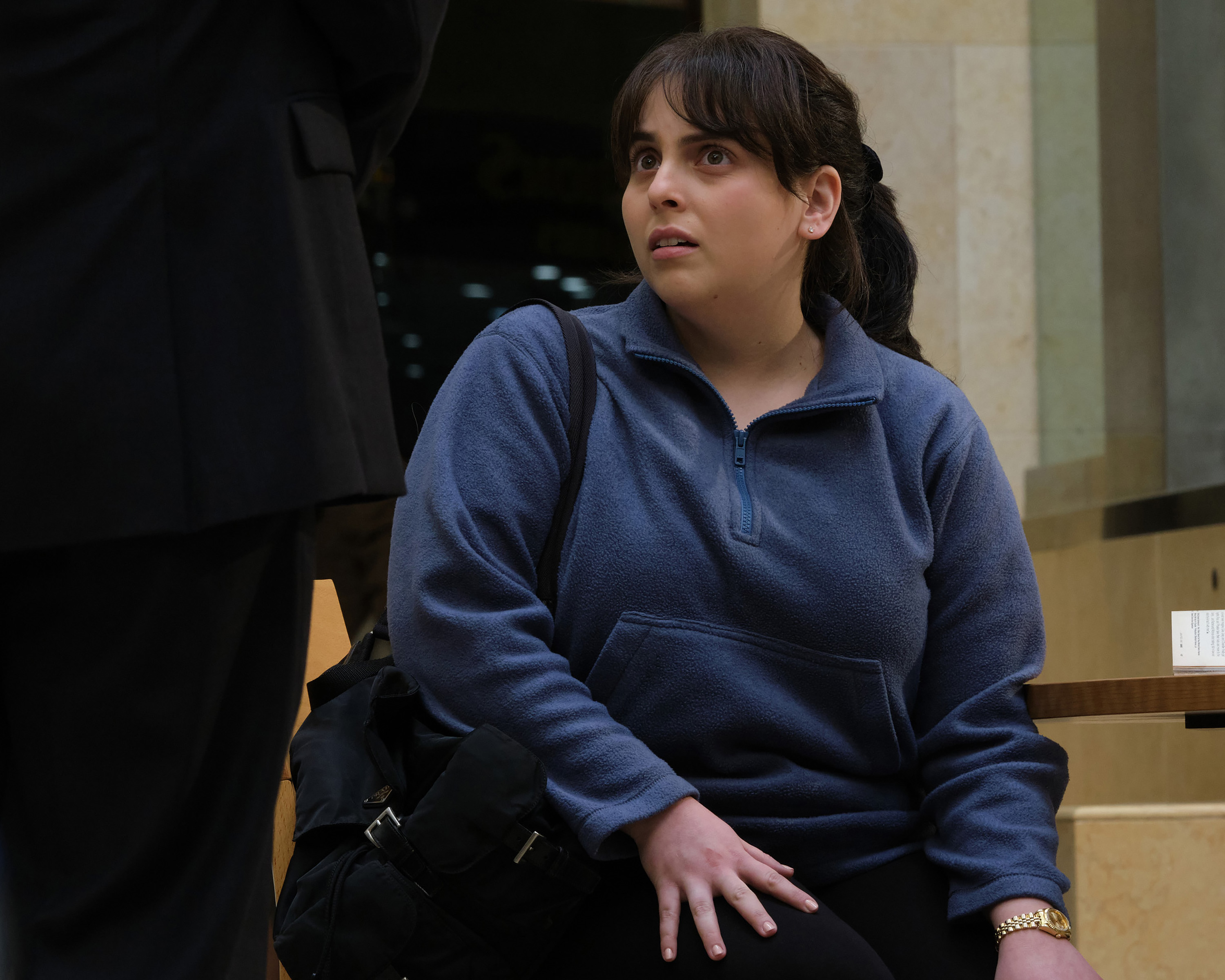
While Monica’s dieting does lead to a shared interest with Linda, she is presented as a fully formed person in Impeachment, which no doubt comes from the real Lewinsky’s role in this series. In a joint interview with Lewinsky and Feldstein in The Hollywood Reporter, they discussed their collaboration, the challenges, and the anxieties tied to the series coming out. Feldstein is best known for comedy and musical theater, which is something the actress is acutely aware of, and she spoke of the thrill and anxiety of doing this kind of role:
“From a deeply selfish, personal perspective, this is a very different world for me. I’m not singing or dancing or making people laugh here. I’m hopefully presenting Monica with the depths of her humanity, and there’s so much pain that she had. It’s completely different from anything I’ve ever done, and that’s very scary.”
There is nothing to fear, and from her performance in the first two episodes alone, expect to see the actress joining the list of American Crime Story cast members who have previously been honored for their work. Lewinsky has been reshaping her narrative since the 2014 essay in Vanity Fair that put forth a candid account of her post-White House years and in Feldstein's depiction, she also gets to retell the events of that time and beyond.
Emma Fraser spends most of her time writing about TV, fashion, and costume design; Dana Scully is the reason she loves a pantsuit. Words can also be found at Vulture, Elle, Primetimer, Collider, Little White Lies, Observer, and Girls on Tops. Emma has a Master’s in Film and Television, started a (defunct) blog that mainly focused on Mad Men in 2010, and has been getting paid to write about TV since 2015. It goes back way further as she got her big start making observations in her diary about My So-Called Life’s Angela Chase (and her style) at 14.

